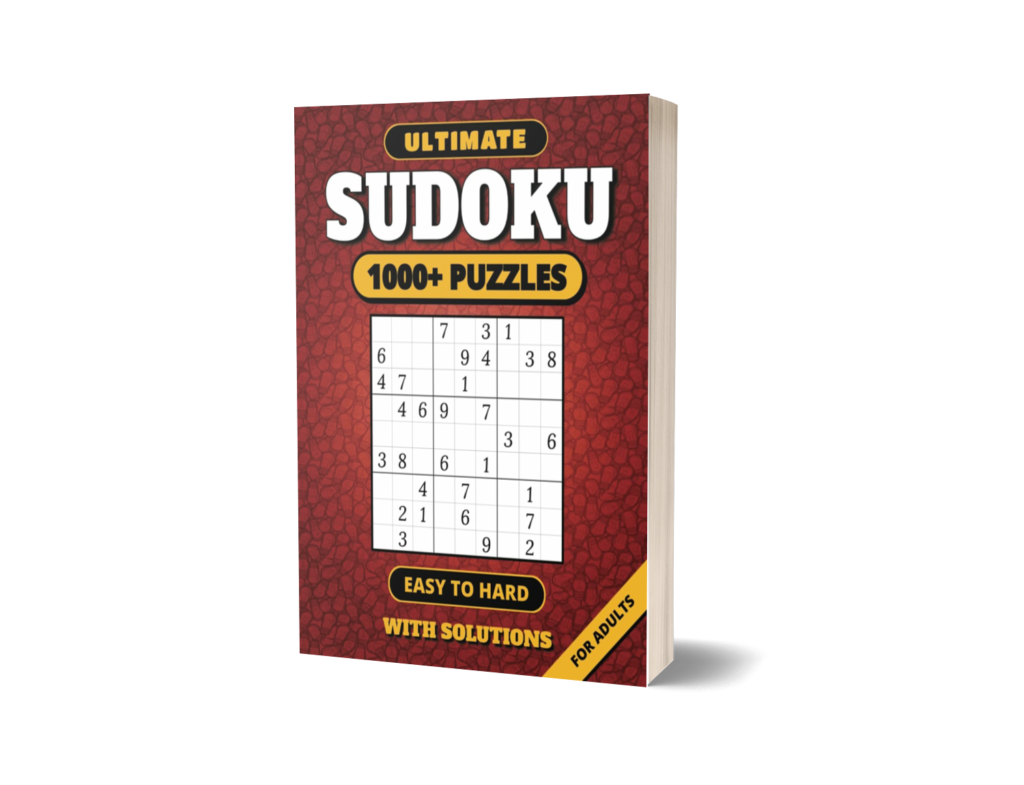
Introduction
Ever wondered why a simple grid of numbers has captured hearts and minds all over the world?
Sudoku isn’t just a puzzle – it’s a global phenomenon. From cafés in Tokyo to subway rides in New York, you’ll find people happily immersed in those iconic 9×9 grids.
But what makes this game so universally appealing? Let’s explore the psychological magic, the addictive nature of logic games, and how Sudoku became a cultural icon.
The Psychology Behind Logic Games
Our brains are wired to seek patterns and solve problems. When you look at a Sudoku grid, your mind naturally starts scanning for missing numbers, looking for logical connections, and anticipating moves.
Why do we love it?
Problem-solving releases dopamine, the “feel-good” chemical.
The puzzle offers a clear goal: complete the grid, no guesswork, no luck.
It strikes the perfect balance between challenging and achievable, keeping your mind engaged without frustration.
Bonus: Studies show that logic puzzles like Sudoku may help improve memory, focus, and cognitive agility.
Enter the “Flow” State
You know that magical moment when time disappears and you’re completely absorbed in a task?
That’s called flow – a state of deep, effortless concentration.
Sudoku is a master at triggering flow:
- Clear objectives.
- LImmediate feedback (you know right away if a number fits).
- Increasing challenge as the puzzle progresses.
- It’s a healthy, rewarding escape that keeps you mentally sharp while offering a gentle form of meditation.
Sudoku as a Cultural Phenomenon
Though often associated with Japan (thanks to its name), Sudoku’s roots go back to Switzerland and the United States in the 18th century before gaining international fame.
In the early 2000s, a wave of Sudoku fever hit newspapers, airports, and puzzle bookshelves worldwide. Today, it’s:
- One of the most played logic games globally.
- Featured in daily newspapers, mobile apps, and competitions.
- A shared hobby that crosses cultures, languages, and generations.
Fun fact: There’s even a World Sudoku Championship, with players representing dozens of countries.
Conclusion
Sudoku’s universal appeal lies in its simplicity, challenge, and the deep satisfaction of cracking a puzzle. It nurtures both the logical and creative parts of our minds, offering a rare, peaceful focus in a fast-moving world.
If you haven’t yet, dive into the world of Sudoku with my Ultimate Sudoku Puzzles for Adults. Packed with over 1,000 puzzles, it’s the perfect way to get hooked on this timeless pastime.
Why do you love Sudoku? Share your reasons below!

